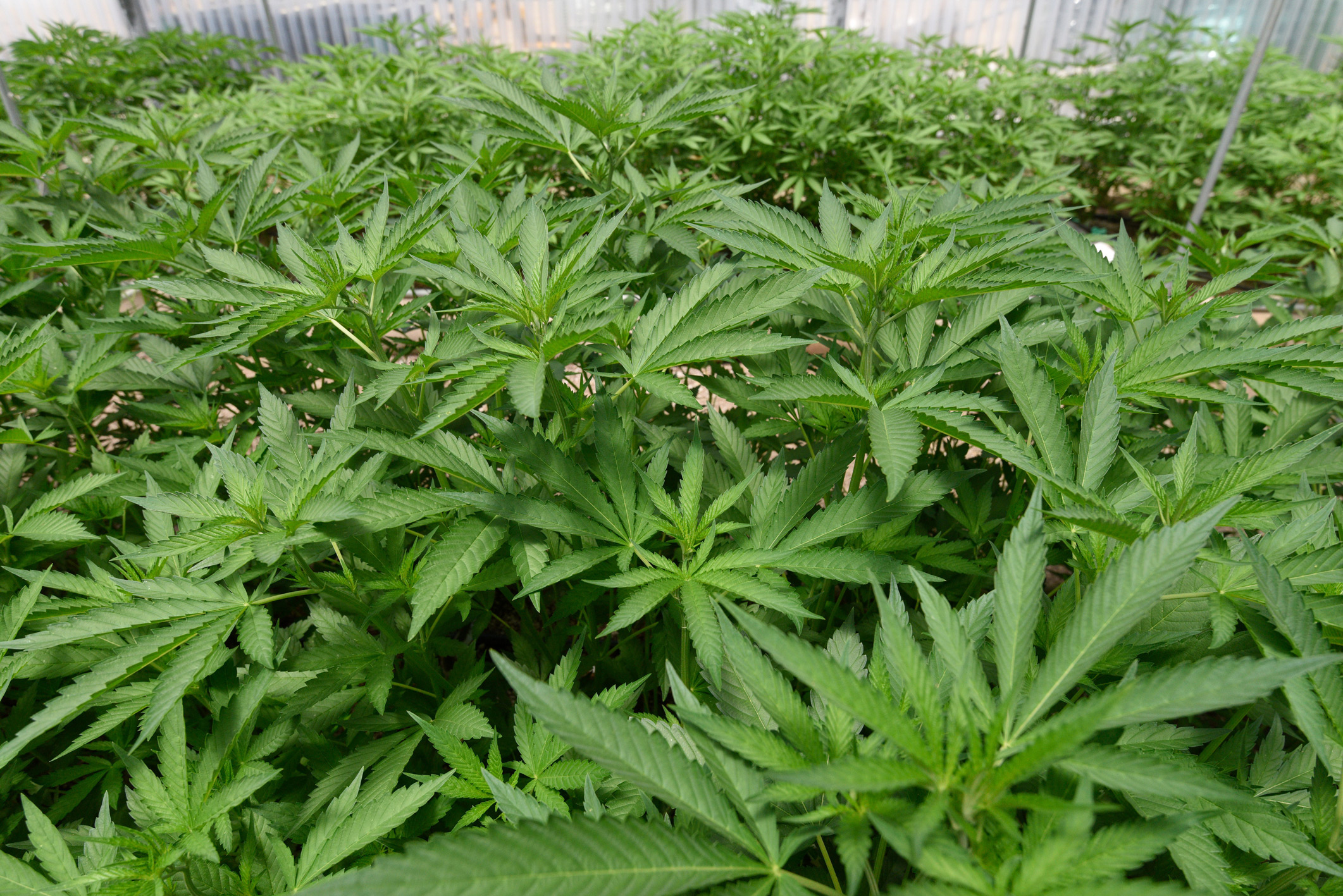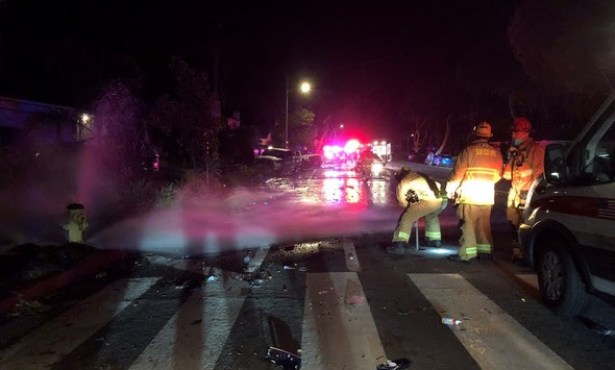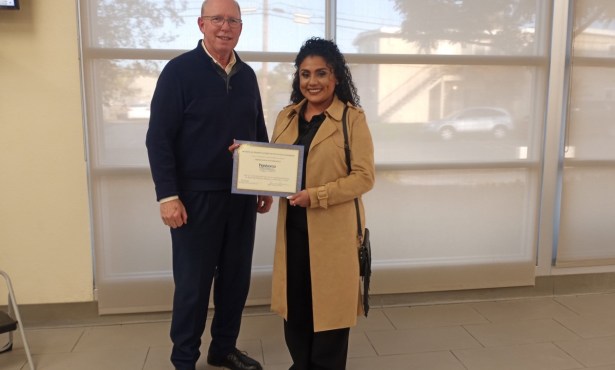Colorado Shares Pot Data with Santa Barbara Health-Care Providers
Since Legalization, Adult Use Has Not Increased

Cannabis advocates often claim alcohol is far worse than pot. A public health expert visiting the Central Coast from Colorado last week explained that his state’s data in many ways confirm that perception.
Civic leaders throughout California are optimistic about raking in tax revenues from marijuana businesses after they open next year. But, ironically, alcohol sales do not go directly into county coffers even though, as Santa Barbara County Public Health Officer Dr. Charity Dean explained, “Alcohol abuse is devastating to our society and continues to far outrank cannabis in health impacts and deaths.” (The state collects alcohol tax revenue.)
The conference hosted by the County of Santa Barbara at the Buellton Marriott was packed with public and private health-care providers. What some expected to be a confab bashing recreational marijuana had a noticeably neutral tone. “How many people are in favor of marijuana?” Dr. Larry Wolk, Colorado’s chief medical officer asked, adding jokingly, “the sheriff is looking that way.”
Here are a few takeaways from two years of available data since recreational cannabis became legal in Colorado in 2014:
- Since legalization there has not been a statistically significant jump in adult use of recreational marijuana. In the last decade, though, adult marijuana use among 18- to 25-year-olds increased by about 10 percent.
- One year after legalization, high school students reported drinking alcohol 9 percent more often than they smoked cannabis. They smoked cannabis about 13 percent more than tobacco. Most young cannabis users smoke pot rather than eat or vape it.
- Pregnant women drink alcohol twice as often as they use marijuana.
- Admission to DUI treatment for alcohol was about 12 times greater than for marijuana.
- Calls to the poison center about marijuana exposure increased 100 percent — up to 200 from 100. But Wolk stressed, “This is not an epidemic.” There were more than three times the number of alcohol-related calls.
- Don’t get too excited about the tax dollars, Wolk warned. “What happens every time you have a new tax revenue?” he asked. “Everyone wants a piece of it.” Colorado brought in $200 million in tax revenue last year. California is expected to bring in $1 billion in the first year.
- Tourism in Colorado has not increased; rather, more tourists are stopping by pot shops while in the state.
The right approach to education campaigns is crucial, said Wolk. An anti-marijuana “Lab Rat” campaign, in which several human-sized rat cages were planted in Boulder, backfired horribly, he said. “Youth were going inside and doing selfies.” He advised directness and candidness when educating young people about the dangers of marijuana.
We still don’t know a lot about marijuana, Wolk said, in part because universities fear they could lose federal funding should they test it. Colorado only has two years of data available, and Wolk stressed that you can’t say certain societal impacts have occurred “because” of legalization. The correct word choice, he explained, is “since” legalization.



